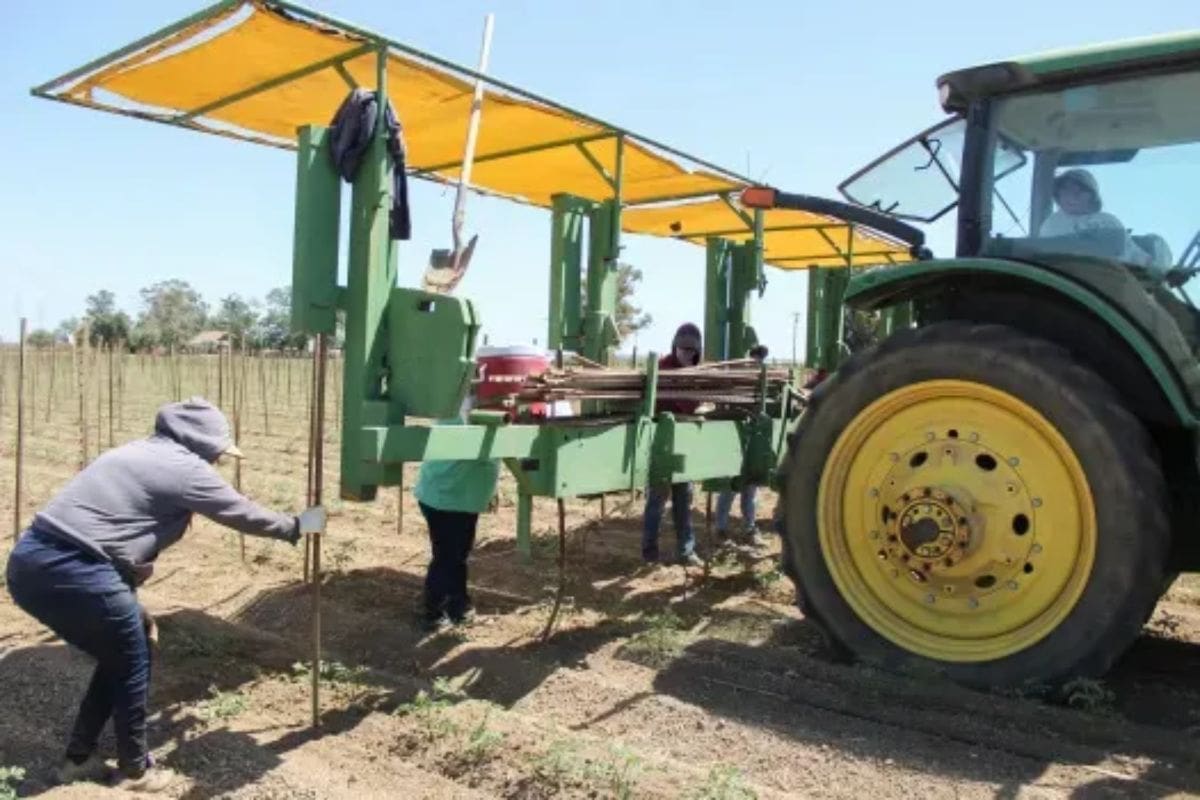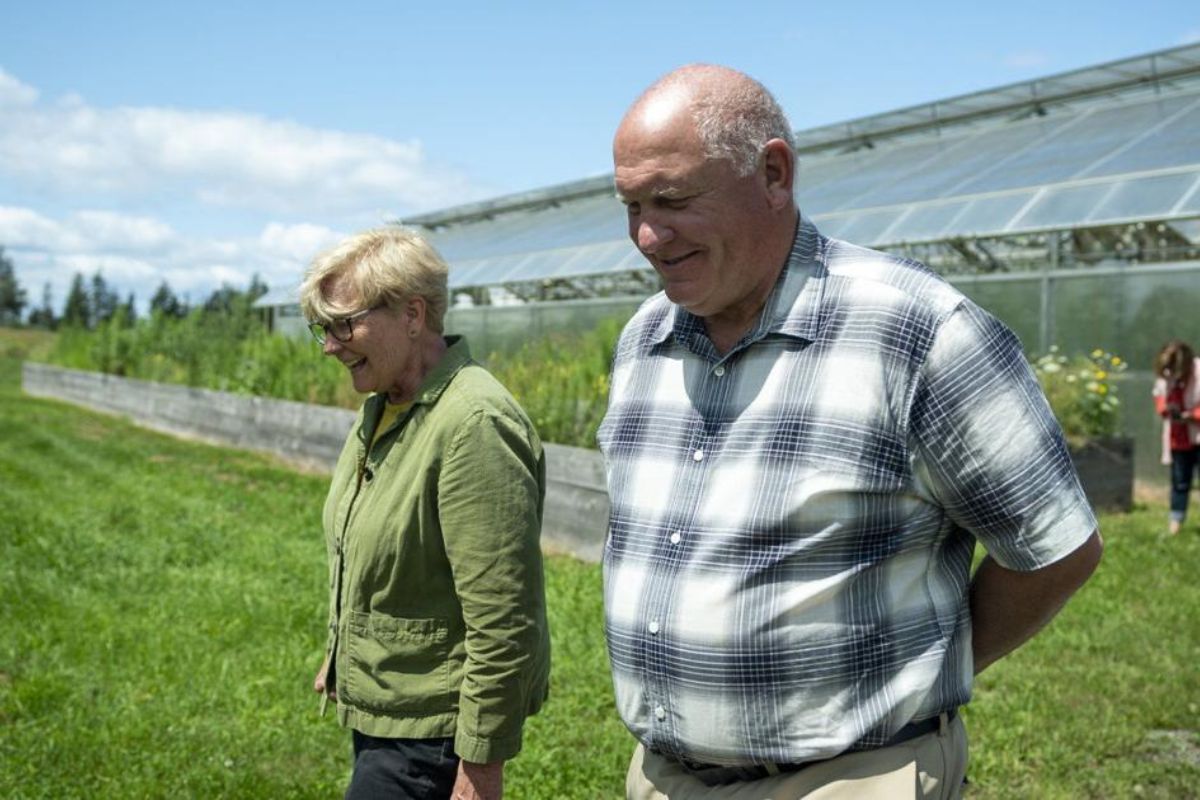Thompson Takes On California Farm Laws: In the realm of agricultural legislation, a storm is brewing as Congressman Thompson sets his sights on California farm laws with a critical eye. With the recent clash over Proposition 12 reverberating through the industry, tension mounts as stakeholders brace for an interstate battle that could reshape the landscape of meat production and pricing.
As criticism intensifies and plans for congressional action take shape, the implications of this showdown extend far beyond state borders, promising to ignite a debate that challenges the very core of agricultural policy and practice.
Challenges to Legislation Impacting Meat Prices
The recent enactment of legislation in California has sparked challenges from agricultural non-profit groups, specifically targeting its impact on meat prices. The joint statement issued by two agricultural non-profit groups highlights concerns over the implications of the new laws, particularly in relation to the cost of meat for consumers.
Proposition 12, which came into effect this year in California, imposes strict regulations on the living conditions of farm animals, including requirements for larger enclosures for egg-laying hens, breeding pigs, and calves raised for veal. While the legislation aims to improve animal welfare standards, critics argue that it could have unintended consequences, such as driving up the cost of meat production.
One of the primary concerns raised by these agricultural non-profit groups is the potential for increased production costs to be passed on to consumers in the form of higher meat prices. The groups contend that farmers may struggle to comply with the new regulations without raising prices, which could ultimately impact consumers’ access to affordable meat products.
Moreover, there are fears that the legislation in California could set a precedent for other states to enact similar laws, further complicating interstate commerce and potentially leading to disparities in meat prices across different regions. As agricultural stakeholders continue to grapple with the implications of Proposition 12, the debate over its impact on meat prices is likely to intensify in the coming months.
Criticism of Proposition 12 from Industry Leaders
Criticism of Proposition 12 from Industry Leaders has intensified in response to the perceived negative impacts on meat prices and market dynamics. Representative Glenn Thompson, in an interview with Brownfield Ag News, highlighted concerns about the legislation’s effects on consumers and market stability. Thompson, representing the 15th district of Pennsylvania, expressed unease over the increased costs of meat due to Proposition 12, which came into effect in California earlier this year. He emphasized the need for urgent corrective measures to address the disruptions caused by the law, particularly in the hog market.
Industry leaders have echoed Thompson’s sentiments, pointing out the unintended consequences of Proposition 12. The law, which mandates specific space requirements for livestock, has led to a significant rise in production costs for farmers. This increase in operational expenses has translated into higher meat prices for consumers, creating a ripple effect across the market. The influx of hogs into the market has also raised concerns about oversupply and its impact on market dynamics.
As criticism mounts, calls for revisiting Proposition 12 and implementing modifications to alleviate its adverse effects have gained traction. Industry stakeholders are advocating for a balanced approach that ensures animal welfare standards without compromising market stability and affordability for consumers. The escalating debate surrounding Proposition 12 underscores the complexities of balancing regulatory measures with economic considerations in the agricultural sector.
Details of Proposition 12 and Plans for Congressional Action
Representative Glenn Thompson is taking proactive steps to address the implications of Proposition 12 by advocating for amendments in the upcoming farm bill to address interstate commerce concerns. Proposition 12, also known as the Prevention of Cruelty to Farm Animals Act and the Farm Animal Confinement Initiative, imposes significant restrictions on the sale of food products from farm animals not meeting specific housing standards. Thompson’s proposed amendments aim to navigate the challenges posed by these regulations, especially in relation to interstate trade.
To provide a clearer understanding of the specific issues at play, let’s break down some key details of Proposition 12 and Thompson’s plans for congressional action in the table below:
| Proposition 12 | Thompson’s Congressional Action |
|---|---|
| Sets standards for housing farm animals | Seeks amendments in the farm bill to address interstate commerce concerns |
| Aims to prevent cruelty to animals during farming practices | Intends to navigate the impact of the regulations on interstate trade |
| Impacts the sale of food products from non-compliant farms | Advocates for changes to ensure fair trade practices across states |
| Requires compliance with specific animal welfare regulations | Proposes modifications to facilitate interstate commerce |
| Implemented to improve the welfare of farm animals | Works towards balancing animal welfare with interstate trade |
Thompson’s efforts reflect a strategic approach to ensure that the regulations under Proposition 12 do not hinder the smooth functioning of interstate commerce, while also upholding the welfare of farm animals.
Response from Agricultural Advocates
In the midst of escalating tensions surrounding agricultural legislation, Marty Irby, president of Competitive Markets Action, has emerged as a prominent voice critiquing Representative Thompson’s proposed actions. Irby’s strong stance against Thompson’s potential inclusion of language to nullify Proposition 12 in the upcoming House Farm Bill has sparked a heated debate within the agricultural community.
Here are three key points highlighting the response from agricultural advocates:
- Unity of Opposition: Irby has vowed to mobilize a diverse group of over 2,000 opponents of the EATS Act. This coalition consists of individual producers, consumers, advocates, and business owners, collectively representing a formidable grassroots army of over 10 million members. Their unified front aims to thwart Thompson’s efforts and ensure that his Farm Bill faces significant obstacles to passage on the House floor.
- Threat of Action: Irby’s warning signals a proactive and determined approach to defending Proposition 12. By leveraging the sheer numbers and diversity of their coalition, agricultural advocates are prepared to take decisive action to protect the integrity of the legislation and resist any attempts to undermine its provisions.
- Strategic Engagement: With a strategic focus on engaging their extensive network of supporters, Irby and his allies are poised to launch a coordinated campaign aimed at raising awareness, galvanizing public opinion, and exerting pressure on lawmakers to uphold the principles enshrined in Proposition 12. Their efforts underscore the significance of grassroots activism in shaping the outcome of legislative battles in the agricultural sector.
ALSO READ: California Women Prison Under Fire: Judge Orders Special Oversight
News in Brief
Thompson Sparks Debate Over California Farm Laws. Congressman Glenn Thompson’s criticism of California’s Proposition 12, citing its impact on meat prices, has ignited controversy. The law, aimed at improving animal welfare, faces opposition from agricultural groups over rising production costs. Thompson plans to address interstate commerce concerns in the upcoming farm bill. Marty Irby, president of Competitive Markets Action, vows to mobilize opposition, rallying over 10 million members against efforts to nullify Proposition 12. The clash underscores the complexity of balancing animal welfare with market dynamics in agricultural legislation.



